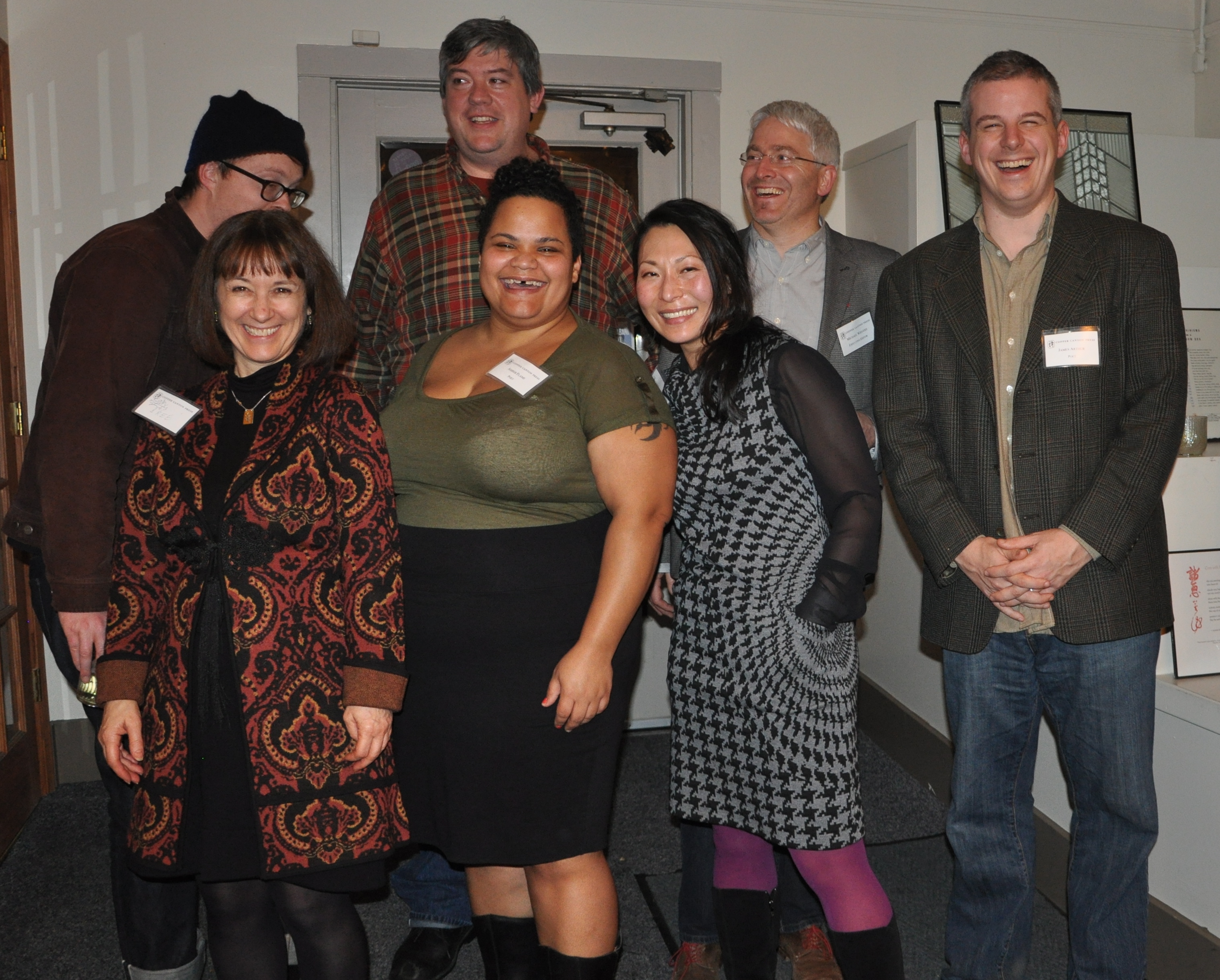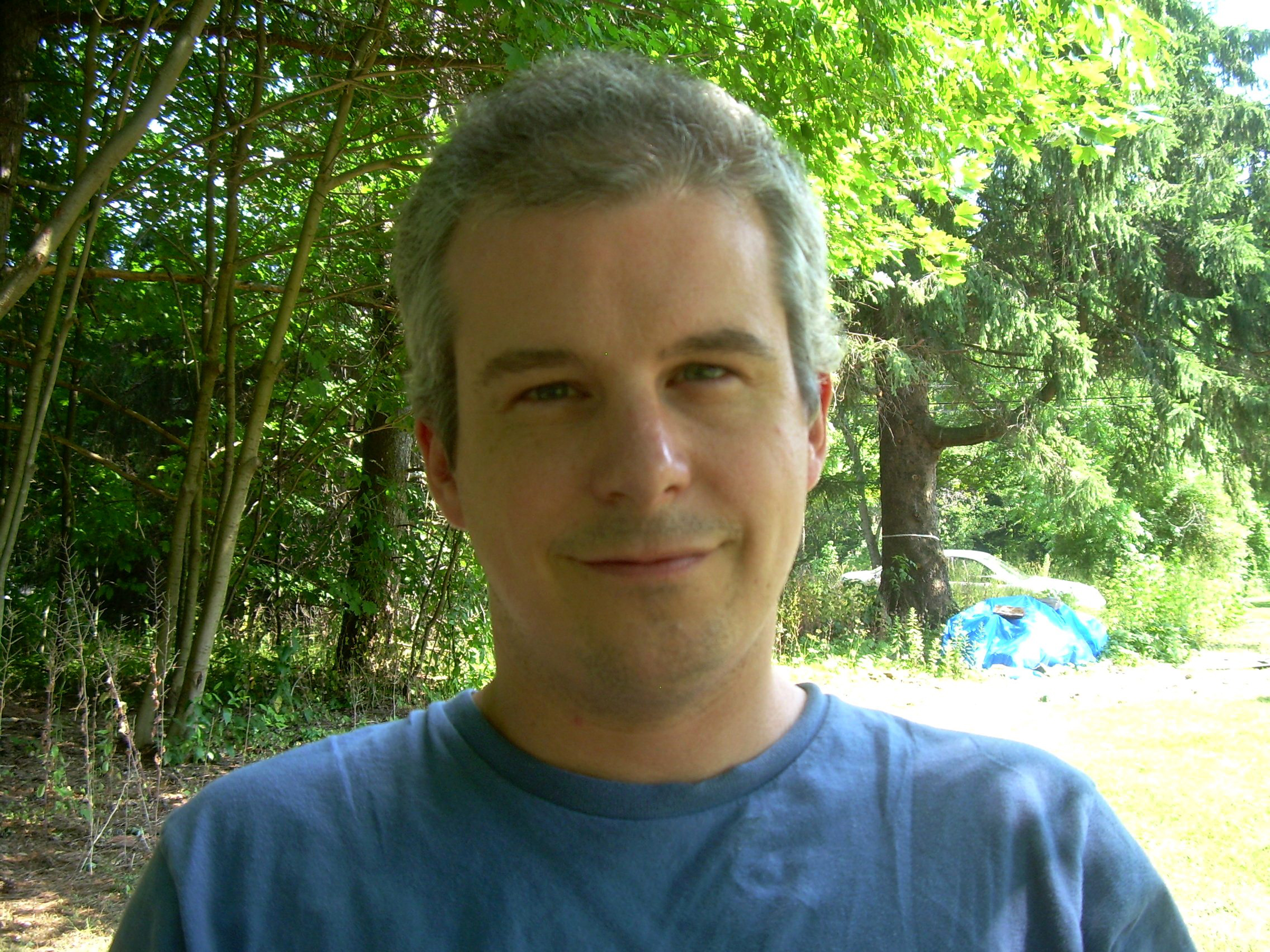In this ongoing series, we talk to prize recipients about the ways in which winning literary awards has affected their work and writing life, what they’ve learned from winning, and what advice they might offer to writers applying for awards.
This installment features an interview with fiction writer Daniel Alarcón, author of the short story collection War by Candlelight (Harper, 2006), which was a finalist for the PEN-Hemingway Award, and Lost City Radio (Harper, 2007), which was named a Best Novel of the Year by the San Francisco Chronicle and the Washington Post, and won the 2009 International Literature Prize given by the House of World Culture in Berlin. Alarcón received the prestigious Whiting Award for fiction in 2004, and was named one of the New Yorker’s 20 under 40 in 2010. He is the associate editor of Etiqueta Negra, a literary quarterly published in his native Lima, Peru; the founder of Radio Ambulante, a Spanish-language storytelling podcast; and a contributing editor of Granta. His two forthcoming books—a novel, At Night We Walk in Circles, and a short story collection, The King Is Always Above The People—will be published by Riverhead Books in the fall of 2013 and 2014, respectively. Alarcón discusses how winning literary prizes has at times allowed him to write full-time and pay the bills, and has motivated him to keep writing.
Has winning literary prizes such as the Whiting Award changed your career? Were you able to put the prize money toward something specific, or did you make any important connections as a result of winning?
Winning prizes is nice, and yes, it has changed my career for the better, even before I realized I had “a career,” per se. The Whiting Award came before my first book had even been published, so it felt like an absurd and undeserved bit of good luck; but I can’t deny that it gave me some confidence to keep working. The piece the judges read was the opening fifty pages of my second book, Lost City Radio, and winning gave me some validation to push forward when I really had no idea what I was doing. By luck or coincidence, awards in my case have tended to come at key moments, just when I needed them to lift my spirits, to remind me that someone was reading, that someone appreciated what I was trying to do. As for the money, yeah, that helps too, but it never lasts. I’ve spent it all by now, but it kept me clothed and fed, the rent paid, at critical junctures. I feel like I should state the obvious: in many cases, this prize money isn’t extra money; it’s the only money. You might not have any other income for six months or a year. Economically, writing is a high-wire act (try getting a home loan as a self-employed novelist) and that’s not going to change unless something crazy happens. Prize money has meant the difference between having to work a real job and enjoying the luxury of writing full-time, or close to full-time. Prize money means being able to turn down teaching jobs. The money I’ve won was never used to go on vacation (I haven’t had one of those in years) or to start a restaurant or buy an Audi. I used it to pay rent and live, which sounds mundane, but there it is.
But sometimes winning isn’t everything. I first met Junot Díaz when we were both finalists for an award (which he won, naturally) and we’ve been friendly since. He’s a writer I’d always admired, and the “prize” at that point was meeting him, sharing a drink, and—crucially—beginning to think of myself as a colleague of writers of that caliber. I was a finalist for [the PEN-Hemingway Award for debut fiction] in 2006, which Yiyun Li won, and the more I’ve read of her work, the more I admire her and the prouder I am to have been a finalist alongside such a talent.
Has receiving awards, or being selected as a finalist, had an effect on the decisions you've made as a writer, or on the path you have chosen to take in your work?
No, not really. I’ve written stories, began and tossed out novels, tried my hand at narrative nonfiction, political reportage, investigative reporting, theater, graphic novels, and now radio storytelling in Spanish—and always done it according to whimsy. I do the things I like doing, and I realize this means I’m very fortunate. Maybe winning prizes has helped, I don’t know. Maybe certain editors will respond to my emails because they know they’ve heard my name somewhere, but you’d have to ask them about that.
What advice could you offer for writers looking to contests as a way to get their work into the world?
Contests have their place, and nowadays, when I serve as a judge, I try to read with the same openness, optimism, and excitement that I had when I was a younger writer, putting my work out there for the first time. I was jury member for the Aura Estrada Prize last year, and it was a real honor. I knew Aura, and there could be no better memorial for someone of her vision and potential than a prize like this one. I read those manuscripts and kept looking for something dynamic, something beautiful, something full of the same hope that is implicit in any sincere artistic pursuit. Most manuscripts didn’t pass muster, didn’t seem good enough to earn a prize with Aura’s name, but then I found it. When one voice managed to push through the clutter, it was incredibly exciting. The writer’s name was Majo Rodríguez. Look for her. That’s what prizes and contests can do. They put a writer on the map.
For more information on the work of Daniel Alarcón, visit his website at danielalarcon.com. On February 5 in New York City, Radio Ambulante will host a Benefit Evening of Latin American Storytelling featuring Alarcón, Junot Díaz, and Francisco Goldman, at 7:00 PM at the Instituto Cervantes at 211 E. 49th Street.






 Who do I write for?
Who do I write for? We had quite a lively crowd at this particular reading. How does the character of an audience impact you?
We had quite a lively crowd at this particular reading. How does the character of an audience impact you?